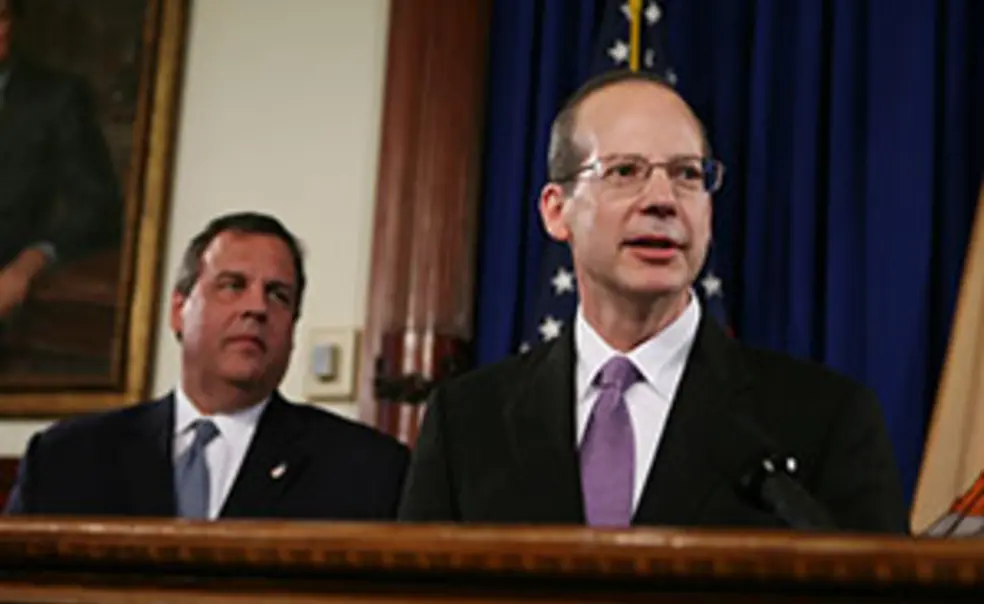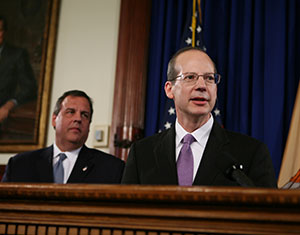Tiger of the Week: N.J. Chief Justice Stuart Rabner ’82
As Princeton students were preparing to return to class this week, New Jersey Supreme Court Chief Justice Stuart Rabner ’82 headed back to work, beginning a new term Sept. 8. Rabner, who was reappointed to his post in May, now has tenure until he turns 70 (the mandatory retirement age), and according to Star-Ledgerreporter Salvador Rizzo, he “is likely to become one of the most influential legal minds of his generation.”
Since becoming the state’s top judge in 2007, Rabner has presided over important cases on hot-button issues, including same-sex marriage and the right to privacy. Appointed by Democratic Gov. Jon Corzine, Rabner has made recent decisions that were opposed by the current governor, Republican Chris Christie. But after what Christie described as a “vigorous” discussion of Supreme Court appointments, he nominated Rabner for tenure. “I’ve disagreed with him, and I’ve expressed that publicly,” Christie said. “But never have I thought that he hasn’t run the courts in a fair, effective, efficient manner; never have I thought that he’s brought any bias or partisanship to his execution of his duties as chief justice; and never have I thought that he wasn’t eminently qualified.”
Rabner, a Harvard Law graduate and former federal prosecutor, said in a recent interview with theStar-Ledger that his devotion to justice is inspired partly by family history. Both of his parents immigrated from Poland after surviving the Holocaust. “How do you not have an appreciation for how important the rule of law is, thinking about the experience that my parents and others like them went through?” he told the newspaper. “To be able to come to work and to have as an obligation to be faithful to the rule of law, which is part of the oath that we take, that’s an immensely important thing and a meaningful one.”













No responses yet